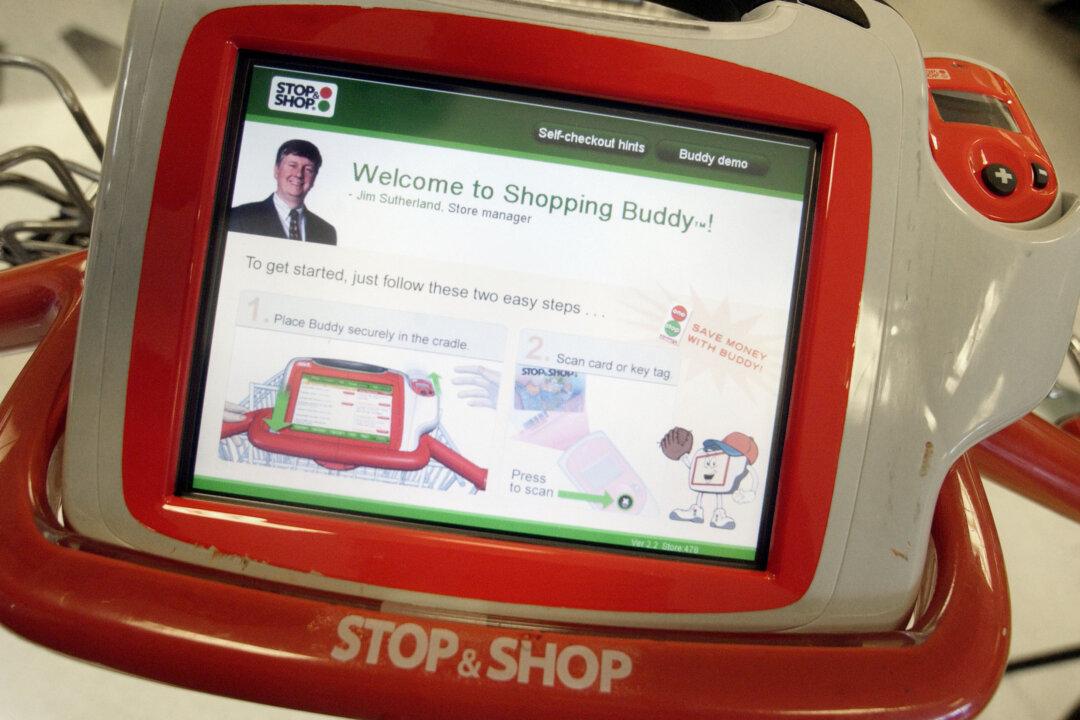A new study has found that shoppers using self-service checkout screens risk getting infected by bugs associated with fecal matter.
The investigation, led by researchers from the Infection Innovation Consortium (iiCON) in Liverpool England, collected swabs from everyday objects which are touched by multiple people. Self-service screens were found to contain fecal bacteria and microbes known to cause urinary tract infections (UTI). E.coli, known for inducing vomiting, was found on almost all surfaces.





